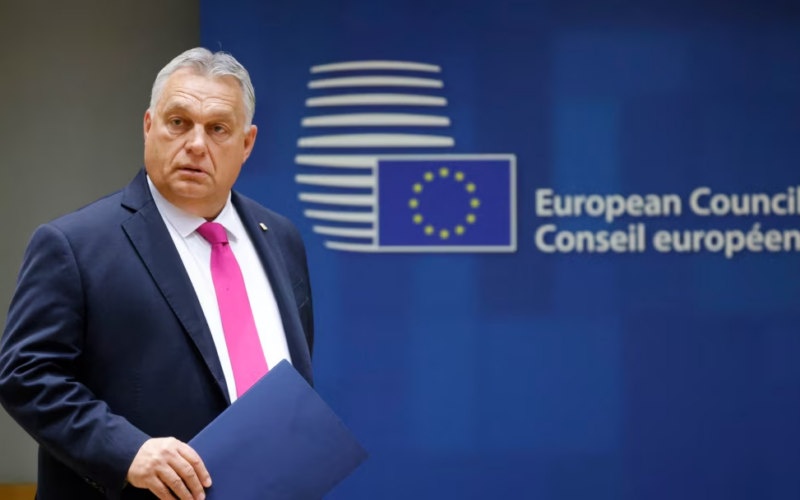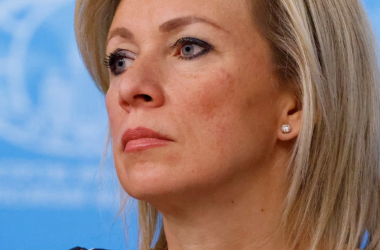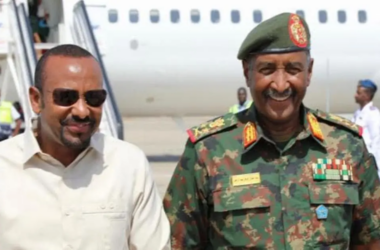Hungarian Prime Minister Viktor Orbán has voiced reservations regarding the European Union’s initiation of accession talks with Ukraine, set to begin in Luxembourg. Despite his concerns, Orbán stated that Hungary will not obstruct the process and supports the start of negotiations.
In an interview with the Funke Media Group, Orbán commented, “Hungary does not agree with this accession process, but we will not block it and support the commencement of negotiations.” He described the talks as a “purely politically motivated process.”
Orbán emphasized the need to carefully consider the implications of admitting a war-torn country with unresolved border issues into the EU. “We must first examine the consequences of accepting a country at war, whose borders are not clearly defined in practice,” said Orbán, whose country will assume the EU Council presidency on July 1. He also raised concerns about the impact of such a large country’s accession on EU agriculture. “Starting negotiations without clarity on these matters is not good,” he added.
The EU accession talks with Ukraine, which has an ongoing conflict with Russia, are beginning alongside similar discussions with Moldova, a small neighboring country of Ukraine, during an EU ministerial meeting in Luxembourg. The framework for these negotiations, which outlines the guidelines and principles, was agreed upon last week. The initiation of the talks was fundamentally decided at an EU summit in December.
The timeline for Ukraine’s potential EU membership remains uncertain and could span many years. Theoretically, a candidate country may never achieve membership. Currently, it is considered unlikely that Ukraine will join the EU before the conclusion of the conflict with Russia. According to Article 42, Paragraph 7 of the EU Treaty, Kyiv could demand military assistance upon accession, which would make the EU a party to the conflict.
Hungary maintains strong relations with Russia and has opposed military aid to Ukraine for months. Recently, other EU foreign ministers found a way to bypass Hungary’s blockade, allocating approximately €1.4 billion in military assistance to Ukraine against the Hungarian government’s wishes.
As Ukraine and Moldova embark on their accession journeys, the process is expected to be complex and lengthy, with significant political and practical considerations.








